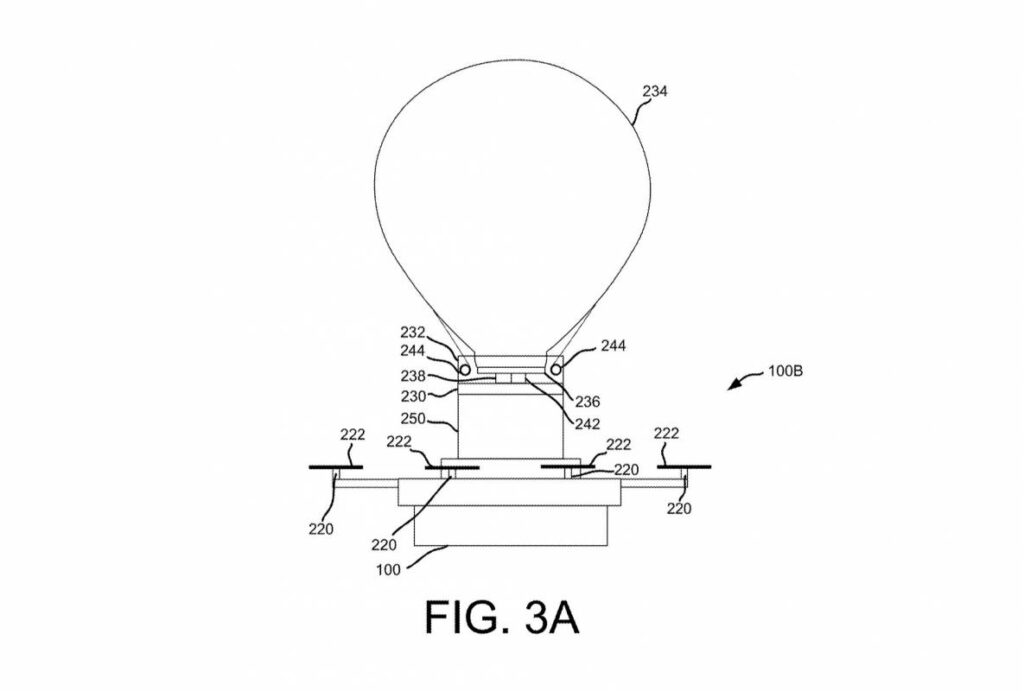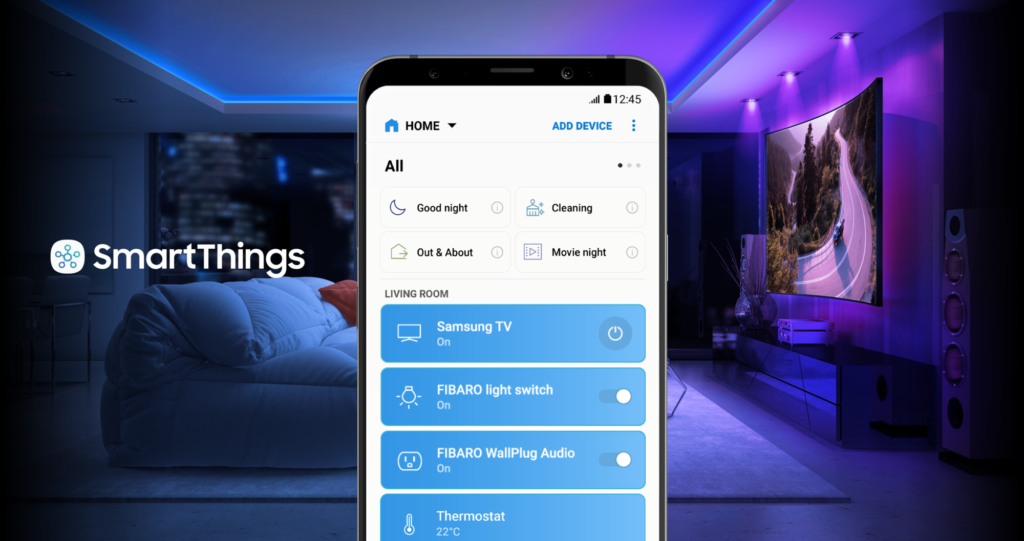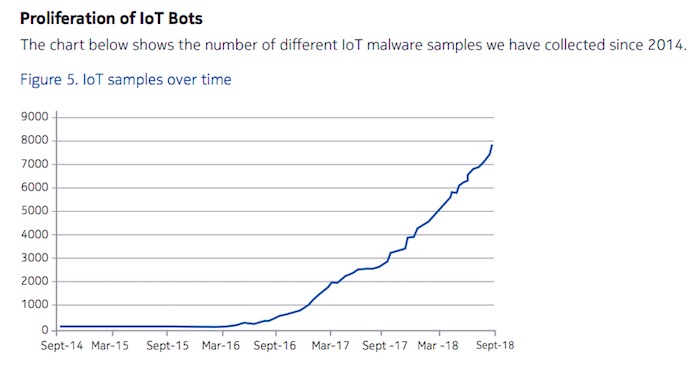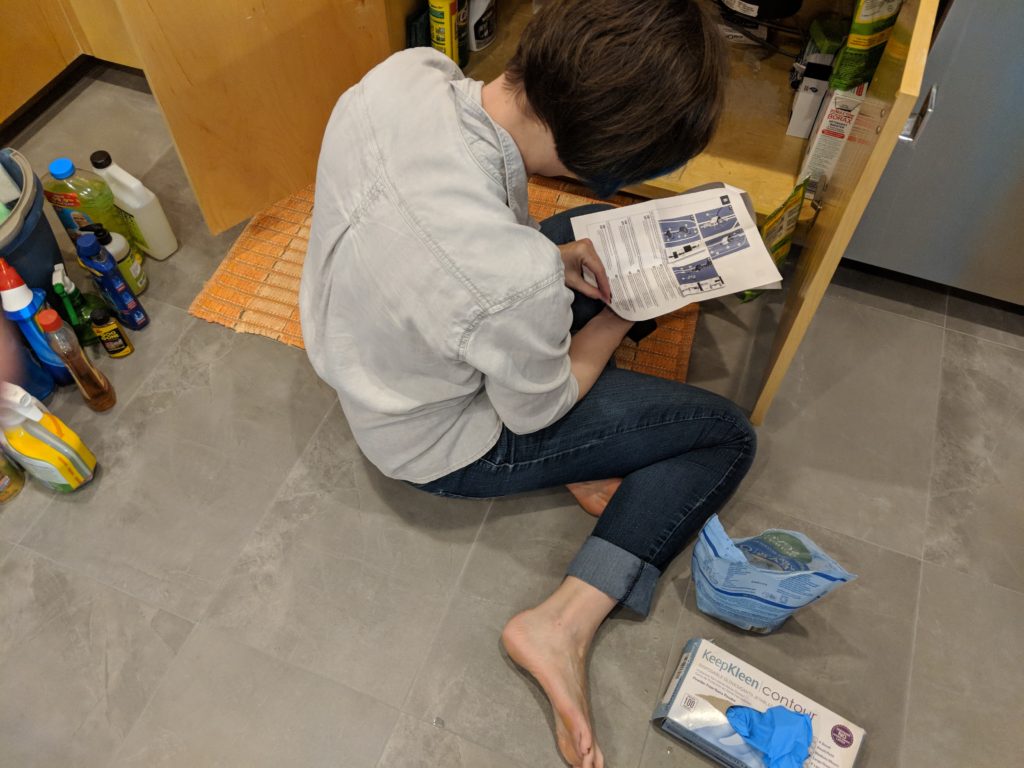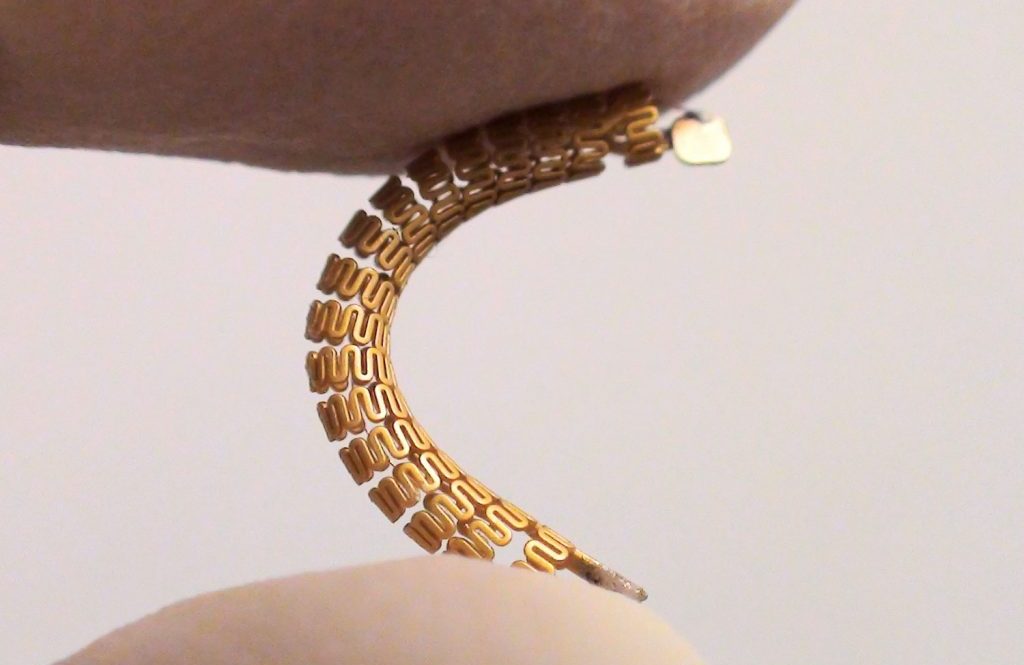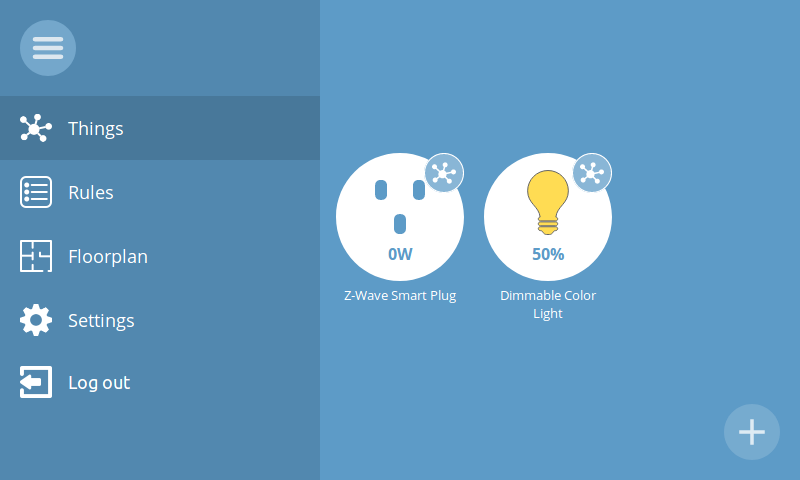This week Kevin and I continue discussing the fall out from Google killing the Works with Nest program. We discuss alternative devices for those who want to replace their Nest devices. Next, we go into the Amazon Alexa updates that add the Guard security features and sunrise and sunset schedule. Then we look at the new NB-IoT networks from Verizon and AT&T before talking about the facial recognition ban in San Francisco. We mention Lenovo’s new IoT Edge gateway and cover the new Wi-Fi Home Certification for single-family homes and apartments. Finally, we answer a listener question about outdoor mesh Wi-Fi.
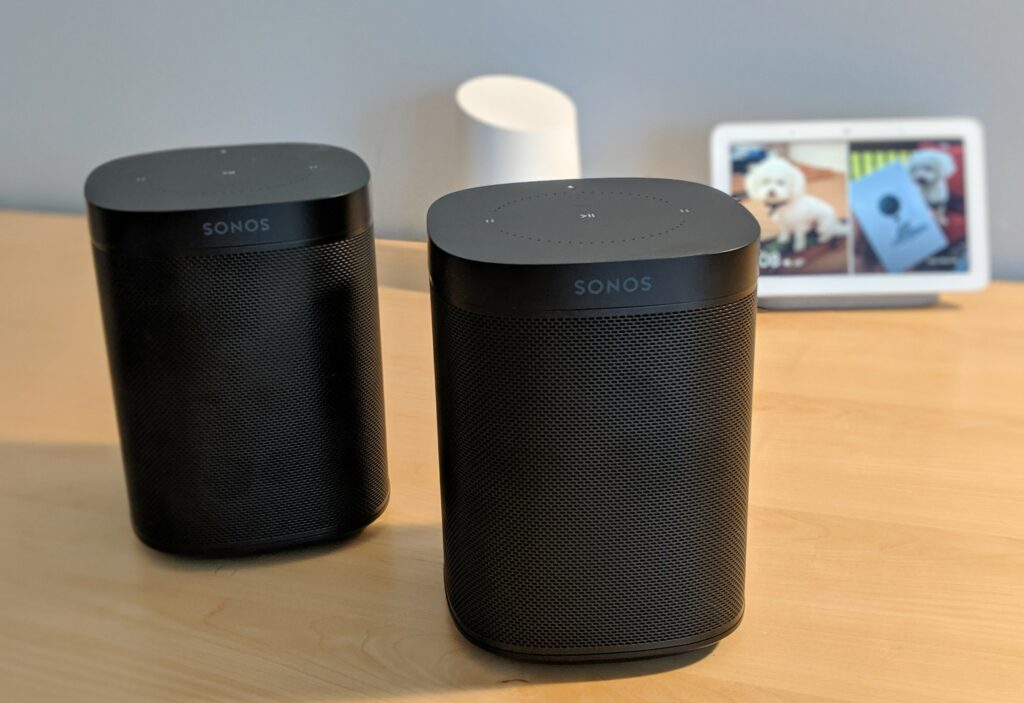
This week’s guest is Mariel Devesa, global head of business at Phyn who discusses why insurance firms have been slow to underwrite more smart home devices and what we can expect going forward. One potential future involves companies bidding for our business based on feeds of smart home data showing how low our risk profiles are. Because Phyn is a leak prevention sensor, she also spends a chunk of time talking about water damage and how to find algorithms to build a compelling product. Enjoy the glimpse into our future.
Hosts: Stacey Higginbotham and Kevin Tofel
Guest: Mariel Devesa, global head of business at Phyn
Sponsors: Dell Technologies and Nordic Semiconductor
- How should IoT devices remove features or privacy?
- Sonos One adds Google Assistant but there’s a drawback
- Verizon’s NB-IoT network seems pricey
- Why insurance firms still won’t underwrite your smart home
- One day your insurer might bid for your business
Podcast: Play in new window | Download | Embed
Subscribe: RSS

